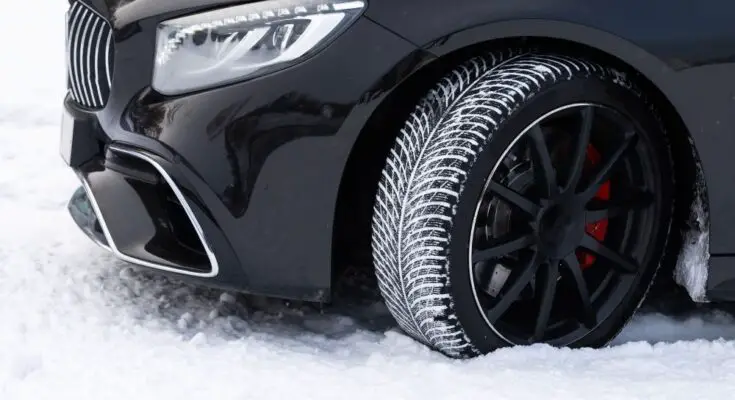Winter season is a tough time for drivers and their cars. Though the weather is still warm and sunny, you might be thinking ahead and wondering what happens to your car during the winter. Cold temperatures, snow, and ice all affect various components of your vehicle. Below, we will delve into four key areas that winter weather can impact so you can prepare well in advance this season.
Negative Effects on the Battery
Cold temperatures can be a serious strain on your car’s battery. When the temperature drops, the battery’s cranking power decreases, while your engine simultaneously needs more power to start. This becomes a problem, particularly if your battery is already weak or old, and it could prevent your car from starting altogether. To avoid a dead battery during winter, consider checking and replacing your battery before the cold sets in. You should also try to keep your vehicle in a warm garage overnight, if possible.
Decreased Tire Pressure and Quality
Cold weather can decrease your tire pressure, causing your tires to become underinflated. If your tires are underinflated, they won’t grip the road as effectively, increasing the risk of accidents due to a loss of traction. Checking your tire pressure regularly during the winter months and keeping them properly inflated is essential. Furthermore, once the cold begins dissipating, checking your tires is one of the top priorities for preparing your vehicle for spring.
Impact on Fluid Thickness
Winter weather also affects the thickness of the fluids in your car, including engine oil, transmission fluid, and brake fluid. As temperatures drop, these fluids become thicker and are less effective at lubricating your vehicle’s components, potentially causing damage. To prevent issues, check your fluid levels regularly and follow your vehicle’s manufacturer recommendations for fluid types and changes. Opting for synthetic oils and fluids might help with staying consistent in viscosity during colder temperatures, though it’s always best to follow the manufacturer’s recommendations.
Road Salt and Rust
Lastly, road salt is prevalent during the winter to melt snow and ice. Unfortunately, it can also be damaging to your car’s metal components, leading to rust. Washing your vehicle frequently can help remove road salt and minimize the risk of rust. You can also apply a protective wax coating before the winter season begins to protect your car’s paint and body during these harsh months.
Understanding what happens to your car during the winter is crucial to properly prepare for the cold weather and take preventive measures to ensure your vehicle stays reliable and safe. By addressing potential issues with your battery, tire pressure, fluid thickness, and metal components, you can minimize the impact of winter on your car.



